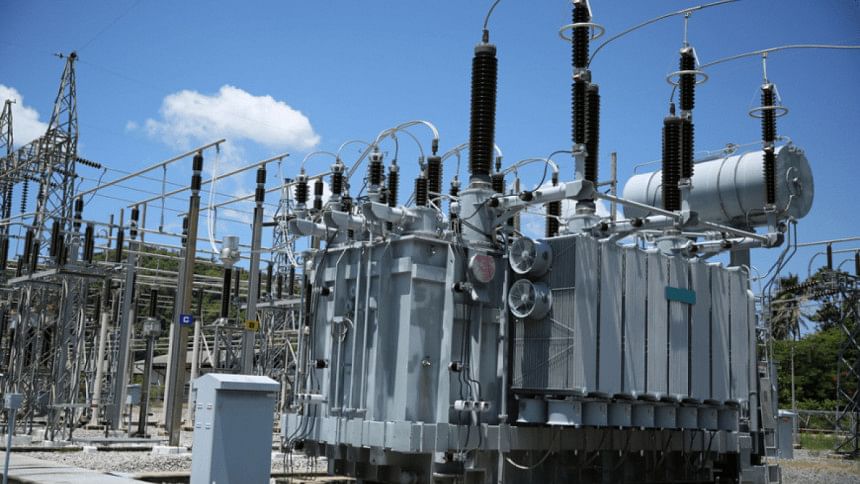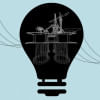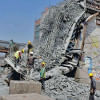Power projects rarely completed on time

Most of the projects in the power sector are not completed on time, with some seeing as much as 300 percent cost overruns, said a recent report of the Implementation Monitoring and Evaluation Division (IMED).
The delays in project implementation and lack of proper planning and manpower with technical knowledge have made the sector a hugely subsidised one, said the government project monitoring body.

"It would have been possible to reduce the burden (loss and subsidy) if proper feasibility studies were conducted and if there was proper planning to ensure the energy for the power plants before taking on the projects," the research report said.
Subsequently, the report suggested not taking on any power plant projects before ensuring the energy supply.
The report reviewed the progress of 67 ongoing projects of the power division, which is being implemented by the Bangladesh Power Development Board (PDB), Power Grid Company of Bangladesh, Desco, DPDC, NESCO, WZPDC, NWPGCL, Sreda, EGCB, Power Cell, Rural Electrification Board, RPCL and so on since 2013.
Among the projects, 32 projects are being implemented for six to 10 years, with six of their progress being between 90 percent to 99 percent.
At least 12 projects are implemented for over seven years and four of their progress is less than 30 percent. Of the four projects, two are related to pre-paid meter installations under PDB and DPDC in Dhaka, Mymensingh and Cumilla areas, and two are related to transmission and distribution networks under PGCB and DPDC.
None of the projects made any progress in the first year, found the IMED.
"The situation is very disappointing and not acceptable."
There are separate agencies to implement the power transmission and distribution infrastructure, but due to a lack of coordination, some power plants are sitting idle after completion in the absence of transmission and distribution systems.
The report cited the Ashuganj 450MW (North) and the Chattogram's Shikalbaha 225 MW combined cycle power plants as cases in point.
Without a proper feasibility study, a project was taken in Noakhali's Hatiya to install an off-grid wind-solar hybrid system power plant with an HFO-based engine-driven generator. After four years, the project was put on hold without completion.
Most of the big projects of the power division are being conducted under the turnkey system, where the contractor is the key player in the implementation and not the implementing authority or the engineers.
In the power sector, engineers are preferred in almost all posts, with engineers spending all their time on clerical and administrative work related to project implementation.
In so doing, their knowledge as engineers is not modernised; rather, the knowledge gets lost due to a lack of practice and research.
Subsequently, the report called for appointing people with relevant skill sets instead of engineers for the posts.
Meanwhile, the version of the report that was uploaded on the IMED website on June 25 said the practice of paying capacity charges to power plants is a "model of robbery" and is a reflection of ill-motivated contracts.
However, on July 7, the website changed the version and omitted the pages related to capacity charges. So the report has come down to 51 pages from 58.
Md. Habibur Rahman, senior secretary to the power division, declined to comment on the findings of the IMED report.
"We will see when it gets sent to us officially," he told The Daily Star yesterday.


 For all latest news, follow The Daily Star's Google News channel.
For all latest news, follow The Daily Star's Google News channel. 









Comments